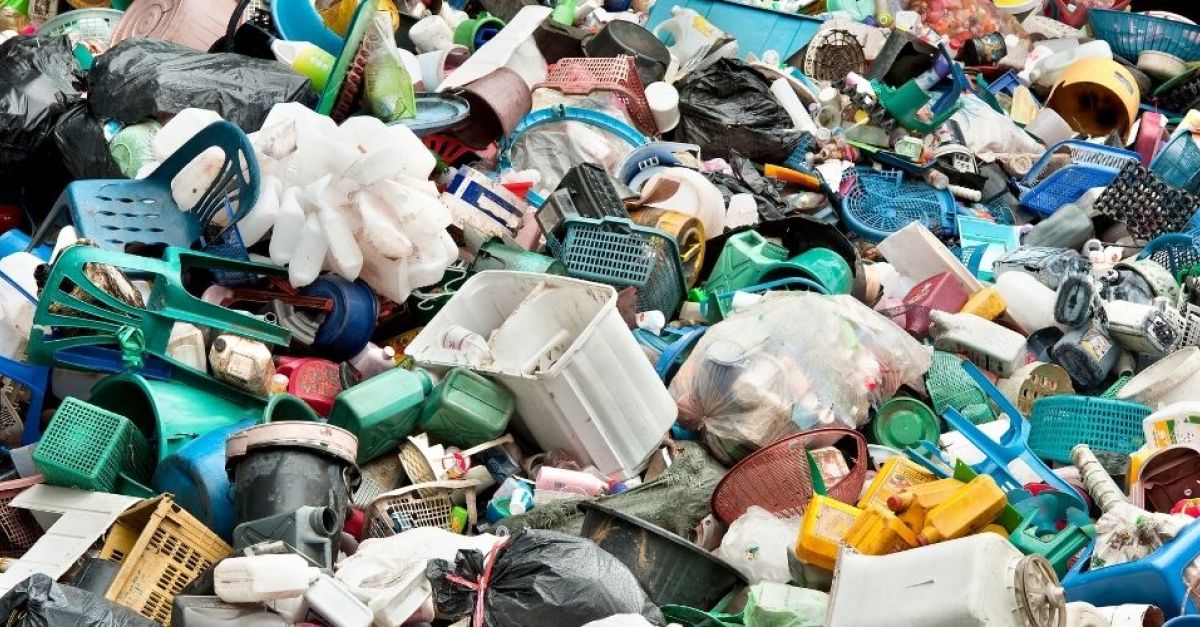
EU ban on single-use plastics comes into force
The EU ban on certain single-use came into force on 3 July, with labelling measures being introduced addressing the 10 items that make up 90% of the plastic waste washed up on our beaches and so have the biggest impact on our environment.
From now on, straws, plastic bottles, coffee cups and takeaway containers made from certain materials – specifically expanded polystyrene - are banned in the EU.
Ten items are singled out for particular attention. These are the ones that are most often found washed up on our beaches and so have the biggest impact on our environment.
Other items, including plastic-containing wet wipes, are singled out for particular attention. From now on, their packaging must bear the following label:
This is an important step forward for the water sector. Wet wipes are often disposed of through toilets and cause significant damage to the waste water infrastructure, causing pump failures and sewer overflows.
Producers of specific single-use plastic products, including wet wipes, must pay into an Extended Producer Responsibility (EPR) scheme.
These funds will contribute to the costs of collection, transport and treatment, litter clean-ups. We call on the Commission and Member States to ensure that these EPR schemes cover the damage inflected on the waste water infrastructure.
Last but not least, the EPR schemes will fund awareness-raising measures for single-use plastic items such as wet wipes.
The Deloitte report on EPR.
Our position on SUP.
europe, single use plastics, ban, wetwipes, EPR Schemes, deloitte report on EPR, plastic
- Created on .